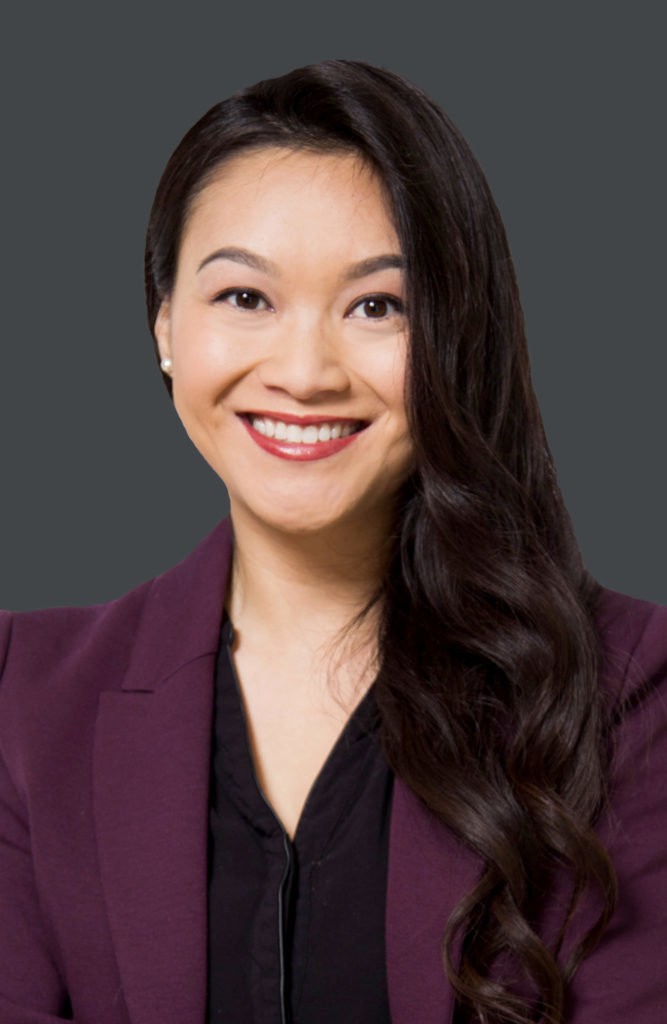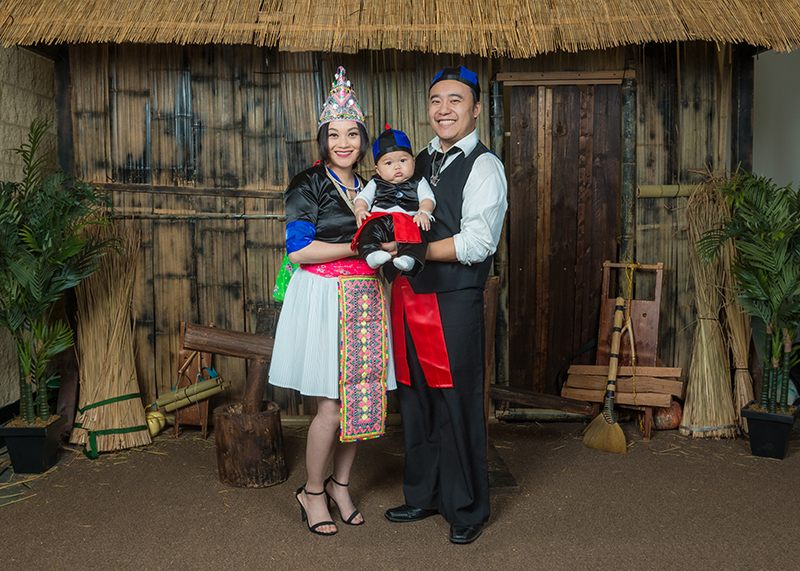From the American Psychological Association
“The Bush Foundation has presented a $100,000 Bush Fellow grant to psychologist Ia Xiong, PhD, of White Bear Lake, Minnesota. Bush Fellows are leaders selected for their potential to make a positive impact in their communities, from throughout Minnesota, North Dakota, South Dakota and the 23 Native American nations that share the same geography. The grants fund learning experiences over one to two years to help fellows enhance their work or build their leadership skills. Xiong will use her grant to travel to Laos to study ways of integrating traditional Hmong healing practices into modern mental health-care services in Minnesota, which has a large Hmong population.”
Xiong Shares Her Story, Credits McNair Scholars’ Program

In 2007 as I transitioned into my last year of undergrad at Eastern Washington University, I discovered the TRIO Ronald E. McNair Postbaccalaureate Achievement Program [McNair Scholars’ Program] and naively applied to get clarification on my plans for after graduation. At the time, all I knew was that graduate school was my only option if I wanted to pursue a career with my major in psychology. Little did I know the profound impact the program would have on the trajectory of my journey.
My parents are Hmong refugees, and I am the first person in my family to be born in the United States. Growing up, I often felt trapped between conflicting worlds trying to bridge the gaps of a traumatic past and hope for the future; of indigenous traditions and the modern world. As the first generation to grow up in the U.S., I saw firsthand the struggles of my community adjusting to such jarring circumstances. I felt a strong sense of need to be able to bring back resources to help my community heal and thrive.
While I had hopes of pursuing higher education to gain necessary skills to bring back to my community, I had no way of knowing how to successfully navigate the education system as a first generation college student. Not only that, I was uncertain about how realistic it would be for someone like me to successfully complete graduate school. I had never known anyone personally who looked like me or shared a similar background in leadership positions addressing important issues in my community. The McNair Scholars’ Program sparked the idea that I could be this person and that I could pursue my Ph.D. It offered me the knowledge and tools to successfully apply for graduate school, and in fact, it did much more than that.
Over the last decade since completing the McNair Scholars’ Program, I can now look back and reflect on just how transformational the experience truly was. The program not only taught me how to apply to graduate programs, it showed me how I could utilize education as a platform to advocate for my community. The program not only offered me space to voice differences of my lived experiences, it encouraged me to value how these differences offered a critical contribution to the greater body of knowledge. The program not only helped me gain important skills and resources in graduate school to bring back to my community, it strengthened my position to be an influence in moving the field of psychology forward.

Overall, the McNair Scholars’ Program sparked possibility and opened up opportunities that I could have never even imagined possible growing up as a Hmong woman, low income, first generation college student. Since completing the program, I graduated with my Ph.D. in Counseling Psychology and am a Licensed Psychologist in the state of Minnesota. I specialize in trauma-informed care, multicultural issues, and historical trauma experiences in the Hmong community. I have had opportunities to offer individual mental health treatment, run collective healing groups and workshops, train small clinics to large organizations on culturally appropriate services, and lead community initiatives to promote mental health and wellness in the Hmong community.
Because of the McNair Scholars’ Program, I have been afforded opportunities to not only to influence change at an individual level within myself, but also change at the collective and systemic level as I continue reconstructing culturally appropriate services that heal. As I move forward in my journey, I am full of gratitude reflecting on the power of planting seeds that began with TRiO McNair.

